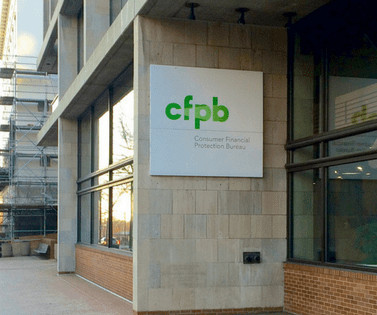Keeping Up With Everything Going on Surrounding the CFPB
Account Recovery
FEBRUARY 25, 2025
The pace of news related to the future of the Consumer Financial Protection Bureau shows no signs of slowing down. As we get ready for the confirmation hearing for Jonathan McKernan to be the new Director of the CFPB later this week, here are some other developments involving the regulator. Consumer Groups Publish State Complaint Data A number of consumer advocacy organizations are attempting to kill two birds with one stone — highlight the work of the Consumer Financial Protection Bureau































Let's personalize your content